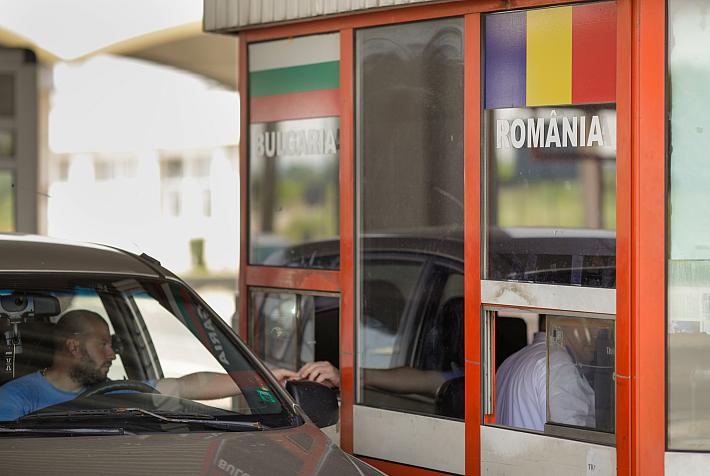Financial education, access to and use of banking services in Romania are well below EU average
Romanians are reluctant to use credit cards, open a bank account, or make online payments, and few are financially literate, according to the RBL Barometer.
Access to and use of banking services in Romania stands at 69.1%, far below the European average of 95.3%, according to data from the Global Findex Database. The disappointing statistic is directly influenced by the individual perspective of the population, according to the Romanian Business Leaders Barometer. Although Romania has made significant progress in terms of the financial inclusion of citizens, many are still left out.
Among the top reasons cited by those who do not have a bank account is the fear that their income and expenses will be tracked, followed by the lack of usefulness of an account, a reduced income, and the collection of income in cash, according to a study by the Romanian Institute for Evaluation and Strategy carried out in 2022.
Even some of Romania’s top officials were wary of cards. Mihai Tudose, former minister of economy and prime minister at the time of the statement, said in 2017 that he refuses to receive his salary through a bank account, citing unpleasant past experiences. He also added that he does not want to pay any commission for his transactions.
Only four out of ten Romanians surveyed say that they use a credit card. There are, nevertheless, signs of a shift. According to the same study, 46% of Romanian users of banking services make payments via Internet/Mobile banking, an increase of 70% compared to the share of Romanians who made payments in this way in December 2020.
At the same time, the Barometer also shows that only 8% of the Romanian population has elementary financial knowledge. The level of financial literacy is determined by education, income, and age. By comparison, 53% of Germans have a basic financial education, followed by people in Switzerland (50%), the Netherlands (45%), and the Czech Republic (42%). Romania also falls behind countries like Hungary (26%), Bulgaria (18%), and Serbia (17%).
Nine out of 10 Romanians cannot calculate an interest rate, do not know the difference between nominal and real values, and do not understand what risk diversification means, according to the Financial Well-Being and Financial Literacy in Romania study. To make matters worse, 39% of respondents to the mentioned study stated that they are not interested in receiving free information about financial concepts and notions.
(Photo source: Rawpixelimages | Dreamstime.com)













